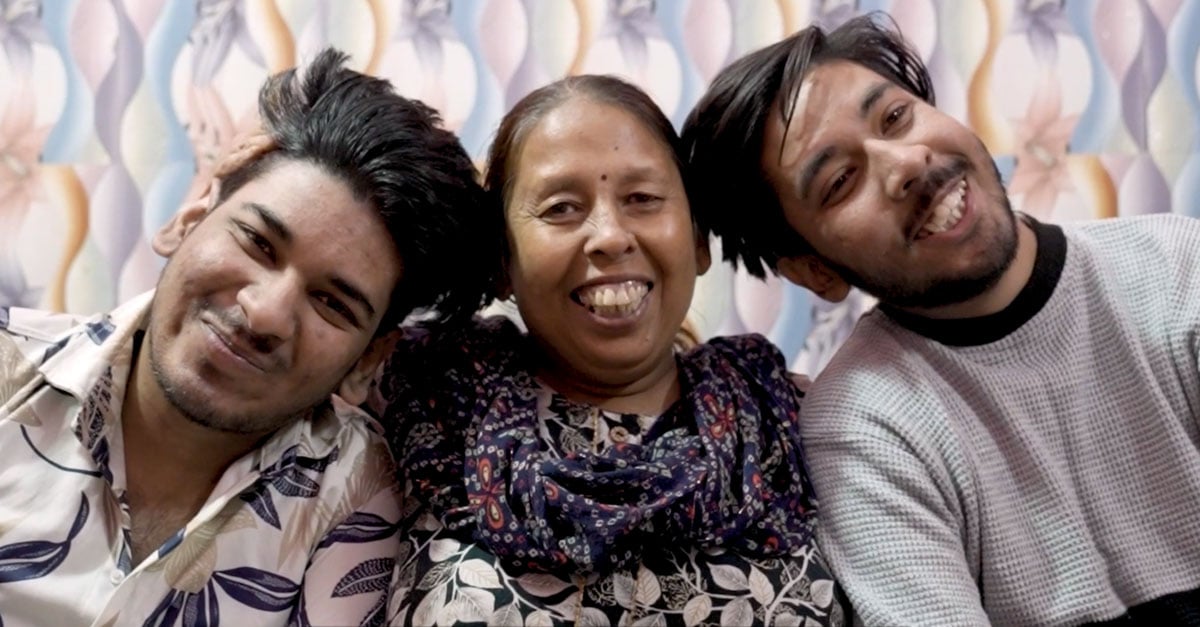The WFH support in India is provided through several efforts, including the WFH Humanitarian Aid Program, the WFH Path to Access to Care and Treatment (PACT) Program, the WFH Twinning Program, and the WFH International External Quality Assessment Scheme (IEQAS). In addition to these activities, the WFH has worked closely for years with the national member organization (NMO) in India, the Hemophilia Federation of India (HFI), to help stakeholders work towards best meeting the needs of the inherited bleeding disorders community.
The delegation visited two major hospitals—the Post Graduate Institute of Child Health in Noida, and the All India Institute of Medical Sciences (AIIMS) in New Delhi. They saw the improved effectiveness of treatment facilities, infusion centres, physiotherapy services, and medical professional training. The visits showed the importance of accessible treatment and continuous medical education.
It was really exciting to be here… and really appreciate the true care that’s needed for patients with hemophilia living in India. I think it’s important that everybody recognize the severe care that’s needed throughout the entire world [to support PWBDs].
—Len Valentino, MD, President, WFH USA
During the visit, the team heard the inspiring story of Rahul, a PWBD whose life has dramatically improved thanks to treatment products donated by the WFH Humanitarian Aid Program. Bedridden due to his condition, his family faced immense hardship: his father abandoned them, and his younger brother dropped out of school to support the family. Now, thanks to the WFH, Rahul has been able to regain his mobility, find employment, and support his family.
Stories like Rahul’s show that long-term commitment is the best way to improve care. At the Hemophilia Federation of India’s (HFI) office, Premroop Alva, President of HFI, expressed gratitude at what the WFH had done for India over not years, but decades.
The visit reaffirmed the commitment of the WFH to global hemophilia care. Seeing transformed lives, dedicated hemophilia treatment centres (HTCs), and determined advocates underscored the life-saving impact the federation’s work is having in India.
It's been such a pleasure to come on this journey to visit with different groups, different chapters within India, different treatment centres in India… I’m impressed with the progress that has been made.
—Glenn Pierce, MD, PhD, WFH Vice President, Medical
Almost 68 million IUs of factor were donated to India through the WFH Humanitarian Aid Program in 2024. Since 2015, almost 439 million IUs of factor have been donated to India. To find out more about the WFH Humanitarian Program, please click here.
About the WFH Humanitarian Aid Program
The WFH Humanitarian Aid Program improves the lack of access to care and treatment by providing much-needed support for people with inherited bleeding disorders in developing countries. By providing patients with a more predictable and sustainable flow of humanitarian aid donations, the WFH Humanitarian Aid Program makes it possible for patients to receive consistent and reliable access to treatment and care. None of this would be possible without the generous support of Sanofi and Sobi, our Founding Visionary Contributors; Bayer, CSL Behring and Roche, our Visionary Contributors; Grifols, our Leadership Contributor; and Takeda, our Contributor. To learn more about the WFH Humanitarian Aid Program, visit www.treatmentforall.org.













